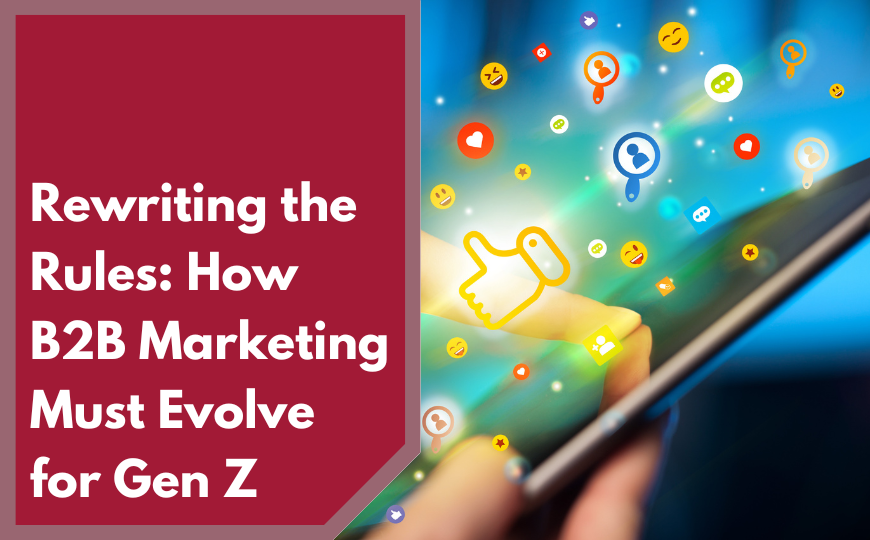An internet marketer’s job is simple
It’s to help business attract new customers and increase profits. Yes, there are many things that need to align for this to happen. But at the end of the day, it’s about helping clients attract the right type of people to the website –people who buy.
If you ever seen statistics on website conversion rates, you’ll see many sources quoting an average of 2% to 3%. These are people who buy, when a product or service is made available on a website- of course they need to be targeted visitors. If the conversion is a phone call, form download or some sort of high quality freemium, the conversion rate can sky rocket in the 30% range.
The majority of people don’t buy
Even at 30% the majority are not buyers.
Some may argue that there are many reasons why a conversion doesn’t take place, but I believe if you focus on three things you can dramatically increase conversions. You’ll never have 100% conversion, but what if you could get an extra 5 or 10 customers a month?
Here are those three reasons:
Lack of financial resources
Some people can’t afford your service or product, but believe it or not, this justification for not buying is the least likely out of the three. When customers tell you or even themselves that the price is too high, they are communicating that the value of your service or product is not worth the risk of opening the wallet. This usually happens when you have failed to communicate the value properly or the potential customer doesn’t believe you.
Lack of belief in you and your services/products
Trust is as important as ever in today’s marketplace. Every business makes some type of claim – some extraordinary and others just ordinary. The question is, do your potential customers believe you? If they didn’t buy, probably not. So how do you get around this? You provide undeniable proof of your claims. This is effectively done with case studies and testimonials.
The Power of Demonstration
What if you don’t have testimonials? Use a demonstration.
In the 1800’s elevator were not very safe. A rope break could mean death as the elevator crashed to the ground. In 1853 Elisha Graves Otis solved the problem of rope failure that made elevators so dangerous. Otis claimed that elevators were safe, but no one was buying. After all, this was a life and death situation.
What did Otis do?
He demonstrated the effectiveness of the safety brake. He called everyone to Crystal Palace in New York, boarded an elevator and cut the rope. Everyone saw the safety brake work and Otis became a legend.
How can you demonstrate you service works?
Lack of belief in themselves
Your potential customer may have the money to buy, they may believe your service works, but if they don’t believe it will work for them, a conversion will not happen. Case studies that match the client’s situation work well and so will a demonstration where you get results for the client before they have to commit fully to your service.
What does all of this mean and how can it help you improve website conversions?
Make sure the content on the website or your sales reps communicate so that all of these three reasons are non-issues.
Take a look at your website, does it communicate the value clearly?
Do you have proof via case studies and testimonials? Or are you just making unsubstantiated claims?
Is your audience confident it will work for them? If not, you’ll have to find a way to provide that assurance.
Increase conversions
Ignore these three reasons at your own peril. Filter all of your communication through them and you will increase conversions.





